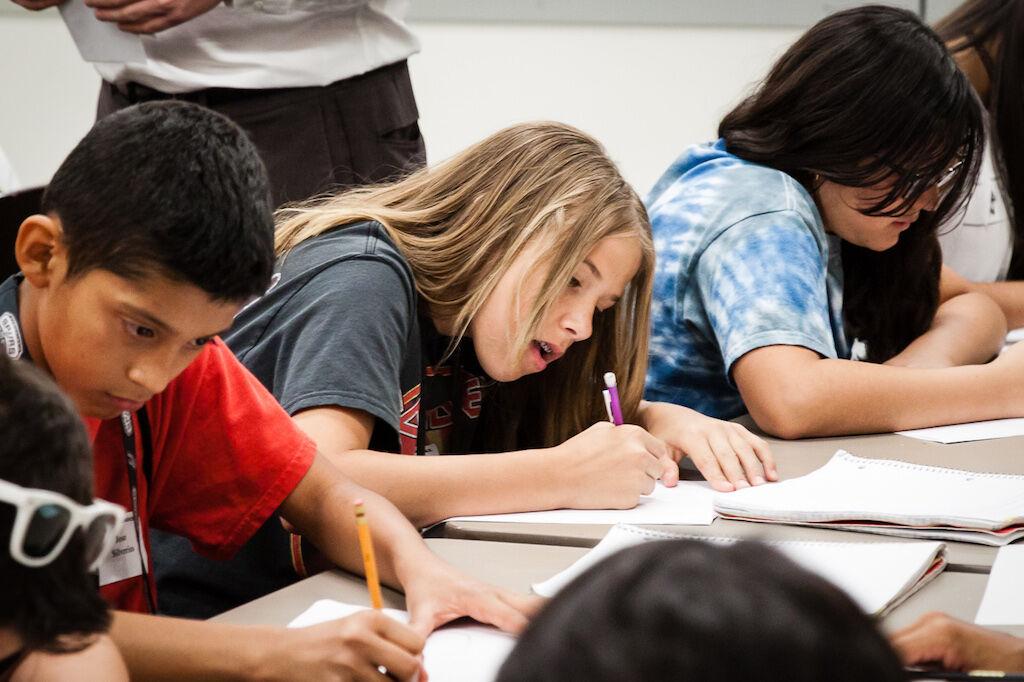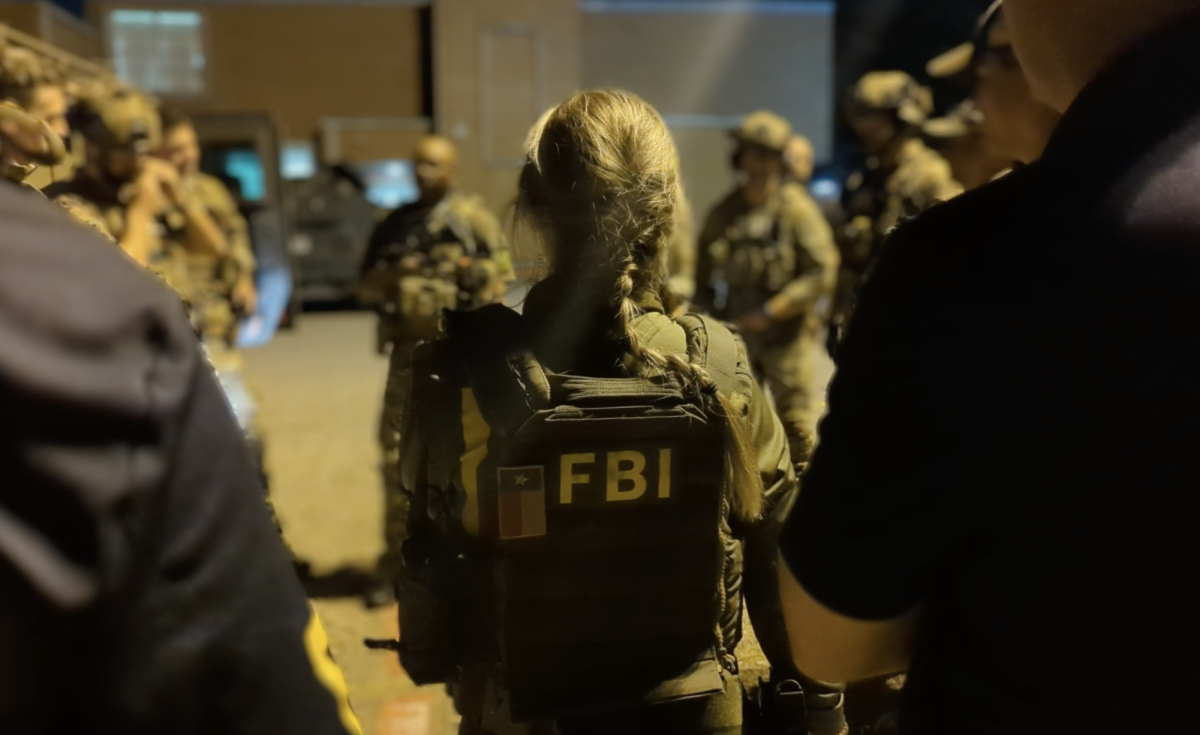On July 16, the Texas Senate passed legislation restricting how K-12 social studies courses teach controversial issues like race.
The legislation, Senate Bill 3, or SB 3, amends changes to the state’s education standards in House Bill 3979, signed into law by Governor Greg Abbott in May. The bill includes a list of documents and subjects to be incorporated into the essential knowledge and skills set by the State Board of Education, however the majority of these entries were removed by SB 3, sparking concern from Texas educators. For now, the bill sits in limbo. Until Texas Democrats return to the state for quorum, the current legislative special session cannot proceed to debate the bill.
The legislation amends the education code, which must be adopted into the Texas Essential Knowledge and Skills, or TEKS, by the State Board of Education before school districts can apply it to curriculum.
“The standards are set by the SBOE,” Chuck Glenewinkel, director of communications for College Station Independent School District, said. “The curriculum is how those standards are taught, what materials are used, what order they’re taught in, those sorts of things, and those are done locally.”
Some school districts purchase curriculum and instruction materials from large corporations, such as McGraw Hill or Pearson. In College Station ISD, there are teams of curriculum writers composed of teachers, department heads and administrators who tailor the instruction to the district, Glenewinkel said.
On paper, the largest differences between the standards in HB 3979 and SB 3 are what kind of readings and subjects are mandated to be taught as part of the TEKS. But notably, the State Board of Education had already begun to revise the curriculum standards before any of this legislation was passed. This is to prepare for when the board will roll out a new K-5 statewide assessment in 2023, which will draw on social studies content for reading evaluations.
“Even though we decided to begin revisions, now it’s been mandated by the legislature, and when the legislature passes something, we have to develop the rules to enforce the legislation,” Pam Little, the State Board of Education’s District 12 member, said.
In 2019, HB 1026 was passed by the Texas Legislature, creating standards to teach character traits such as courage, integrity and honesty, Little said. But after evaluating the social studies TEKS, the Board found that all of those traits were already incorporated.
“If you want to talk about courage, talk about George Washington crossing the Delaware, or William Barret Travis defending the Alamo,” Little said. “Those are perfect examples of courage, so it’s a little frustrating from the standpoint of being a state board member when we’re told to do things that have already been done. But we had to actually pass an approval for those character traits even though they were already in our standards.”
Among the works to be removed from the standards by SB 3 were Martin Luther King Jr.’s “Letter from a Birmingham Jail” and “I Have a Dream” speech, the U.S. Supreme Court’s decision in Brown v. Board of Education, the Snyder Act of 1924 – which granted citizenship to indigenous people or Native Americans – the Emancipation Proclamation and the Universal Declaration of Human Rights.
“When you have a standard that speaks to understanding Martin Luther King and his beliefs, his writings and so forth, it’s not really necessary to list all of his writings and speeches,” Little said. “It should be understood that “Letter from a Birmingham Jail” and the “I have a dream speech” would be included.”
The State Board found all of the subjects and readings passed in HB 3979 were already included in the TEKS, Little said. The only one that Little couldn’t find was “The Book of Negroes.”
The curriculum department for College Station ISD told Glenewinkel that the changes to the standards will have “little to no effect” on what is taught in the district’s classrooms.
“The first goal is of course to teach all of the standards set forth by the State Board of Education,” Glenewinkel said. “We also continue to place value on multiple viewpoints, encourage critical thinking, and we also guide students on how to analyze and evaluate sources of information from multiple perspectives. In the classroom, we try to reach all different types of students based on how they learn the curriculum best.”
Although College Station ISD and other districts may be accustomed to tailoring how difficult subjects such as racism and current events are taught, both HB 3979 and SB 3 include a clause that teachers must “explore that topic from diverse and contending perspectives without giving deference to any one perspective,” the bills read. Little said the State Board was not consulted on these parts of the bill.
“My background is social studies and I do not see how you can teach social studies without a discussion of current events, and that’s one thing that I think that this bill was sort of diminishing,” Little said. “But I talked with a curriculum director just this morning, and he said, ‘You know, it’s the law, so we will figure out a way to implement that law to the best of our ability.’”
One of Little’s colleagues representing District 11 on the board, Patricia Hardy, worked to get different language for these clauses into a bill, and the amendments were approved by the Senate. Yet because of a technicality the bill didn’t get past the House, so they reverted to the original HB 3979.
“That earlier Senate bill had much better language in it and it was a much stronger bill for civics education,” Little said.
At this time, it is unclear if the amended list of readings will pass the Texas Senate before the end of the special legislative session, but the discussion restrictions have already been passed into the law as part of HB 3979.









